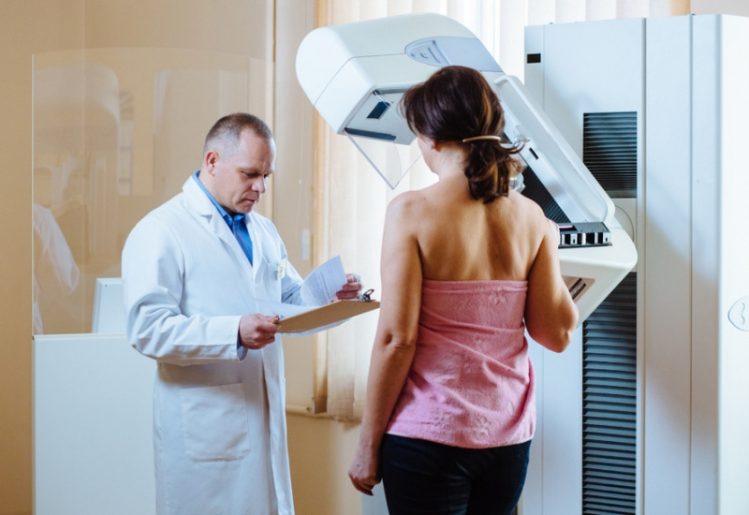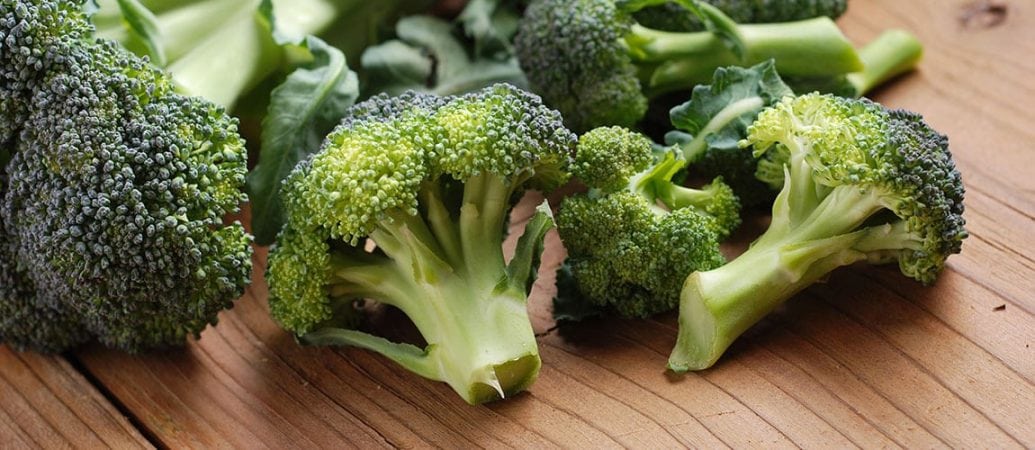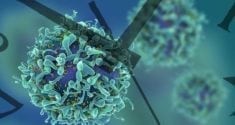New Study Finds Link Between Diallyl Sulfide and Cancer
 A new study sought to examine how eating vegetables that belong to the allium genus (garlic, onions, chives, leeks and the like) affected the development of breast cancer in women living in Puerto Rico. The study, which was conducted at The University of Buffalo in upstate New York, focused on women of that particular area because Puerto Rico has a significantly lower rate of breast cancer than the continental United States. Additionally, “sofrito,” which includes garlic and onion as primary ingredients, is a popular condiment all across Puerto Rico.
A new study sought to examine how eating vegetables that belong to the allium genus (garlic, onions, chives, leeks and the like) affected the development of breast cancer in women living in Puerto Rico. The study, which was conducted at The University of Buffalo in upstate New York, focused on women of that particular area because Puerto Rico has a significantly lower rate of breast cancer than the continental United States. Additionally, “sofrito,” which includes garlic and onion as primary ingredients, is a popular condiment all across Puerto Rico.
As an observational study, this research can’t pinpoint exactly why or how onions and garlic lower the risks of breast cancer. Until more direct research can be conducted, scientists have theorized that there is likely a link between the highly antioxidant vegetable compound diallyl sulfide and cancer. Together with other compounds, such as the S-allylcysteine anddiallyl disulfide found in garlic and the alk(en)yl cysteine sulphoxides found in onions, diallyl sulfide may help protect cellular health when consumed regularly in one’s diet.
Diallyl Sulfide May Benefit Health in Other Ways
 In previous research, scientists found that diallyl sulfide may affect the risk of developing other types of cancer. In an experiment conducted with mice, it was found that the risk of developing colorectal cancer was reduced by 74 percent overall when a 1,2-dimethylhydrazine injection was administered once weekly over a 20-week period. The 1,2-dimethylhydrazine injection contained the same compounds in comparable amounts as those consumed by eating fresh onions and garlic.
In previous research, scientists found that diallyl sulfide may affect the risk of developing other types of cancer. In an experiment conducted with mice, it was found that the risk of developing colorectal cancer was reduced by 74 percent overall when a 1,2-dimethylhydrazine injection was administered once weekly over a 20-week period. The 1,2-dimethylhydrazine injection contained the same compounds in comparable amounts as those consumed by eating fresh onions and garlic.


